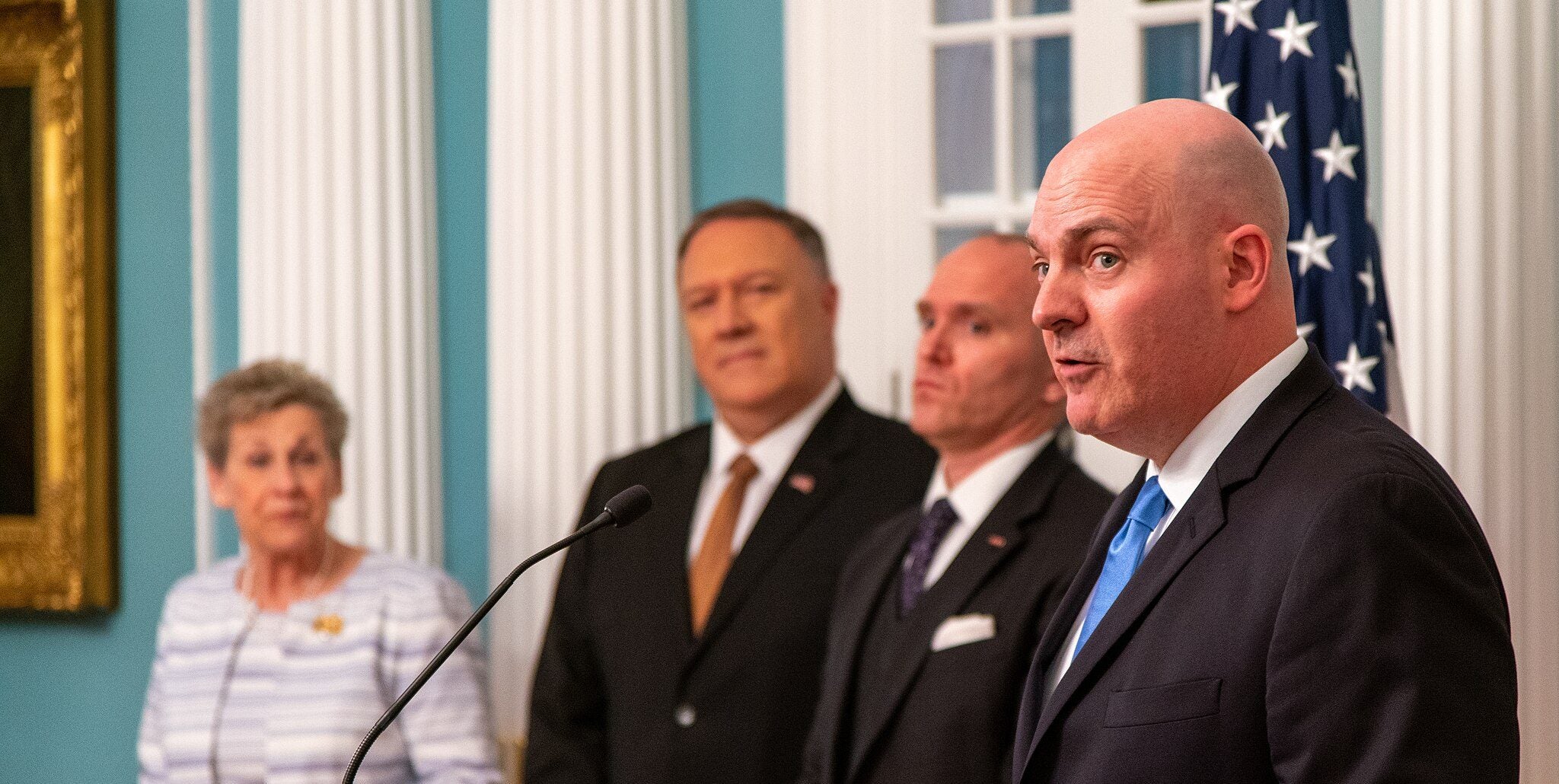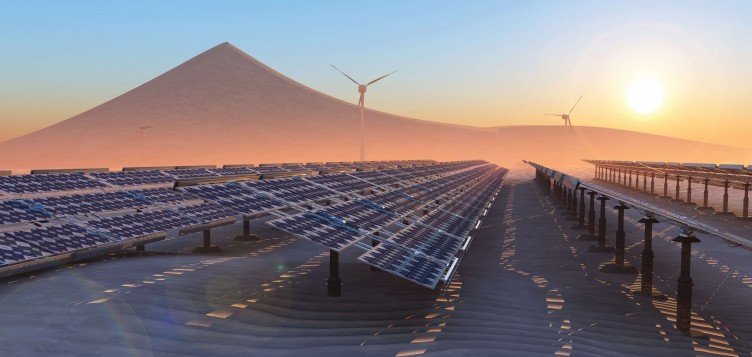


In a recent discussion, R. Clarke Cooper, former U.S. Assistant Secretary of State for Political-Military Affairs, shared insights on the energy transition and its implications for Gulf countries. Cooper emphasized the necessity for these nations to diversify their economies beyond conventional energy sources, highlighting that the transition to renewable energy will not occur overnight [632e5b5d]. He described the energy transition as a 'layer cake,' indicating that it involves multiple layers of complexity rather than a simple binary choice between fossil fuels and renewables. This perspective aligns with the ongoing discussions about energy stability and the geopolitical dynamics in regions like West Asia, where oil has historically played a significant role [dd1ca228].
Cooper noted the rising consumer demand in emerging markets such as India and Nigeria, which adds urgency to the need for developed nations to accelerate their transition to renewable energy sources. He pointed out that U.S. support is crucial for Gulf countries as they navigate this transition and work towards economic diversification [632e5b5d]. The historical context of this diversification is driven by fluctuations in the oil market, which have prompted Gulf states to seek alternative economic pathways [632e5b5d].
Additionally, Cooper introduced the concepts of impact investing and hydro-diplomacy as vital components in the Middle East and North Africa (MENA) region's approach to energy transition. He highlighted the rising costs associated with climate adaptation, estimating a 14% increase in GDP spent on these measures, which underscores the financial implications of climate change for these nations [632e5b5d].
The discussions at the Hamm Institute for American Energy at Oklahoma State University also resonate with Cooper's insights, as they focus on finding practical, science-based solutions to address energy needs while minimizing environmental impact [46457db5]. The institute's commitment to ensuring energy security and independence complements the broader narrative of energy transition and economic diversification in regions like West Asia and the Gulf [46457db5].
As the global landscape evolves, the interplay between energy stability, economic diversification, and international cooperation will be crucial in shaping the future of energy production and consumption, particularly in regions heavily reliant on fossil fuels. The insights from Cooper and the ongoing dialogues at institutions like the Hamm Institute highlight the importance of a balanced approach to ensure stability and foster sustainable growth in the face of an impending energy transition.